Speakers
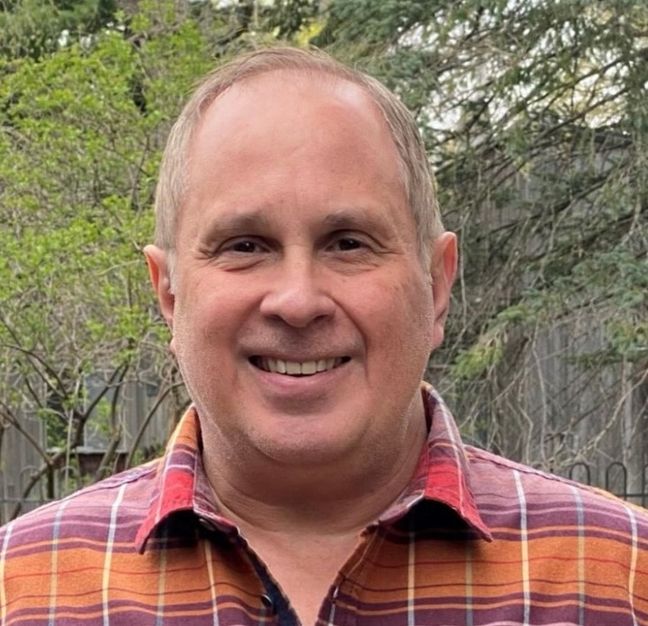
Dr. Martin Olivier
McGill University, Montreal, QC
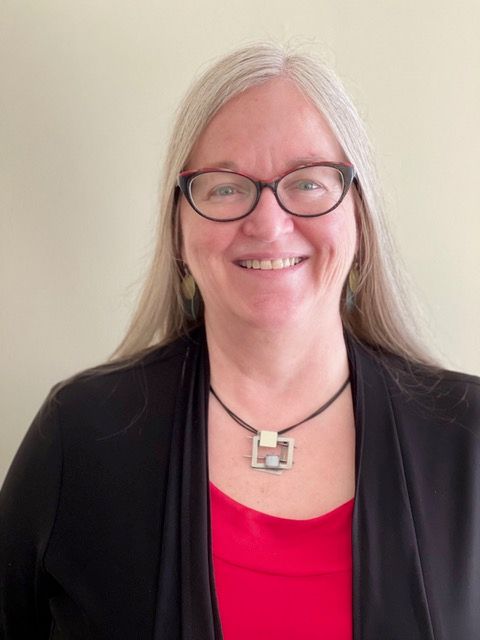
Hanna Ostergaard
University of Alberta, Edmonton, AB
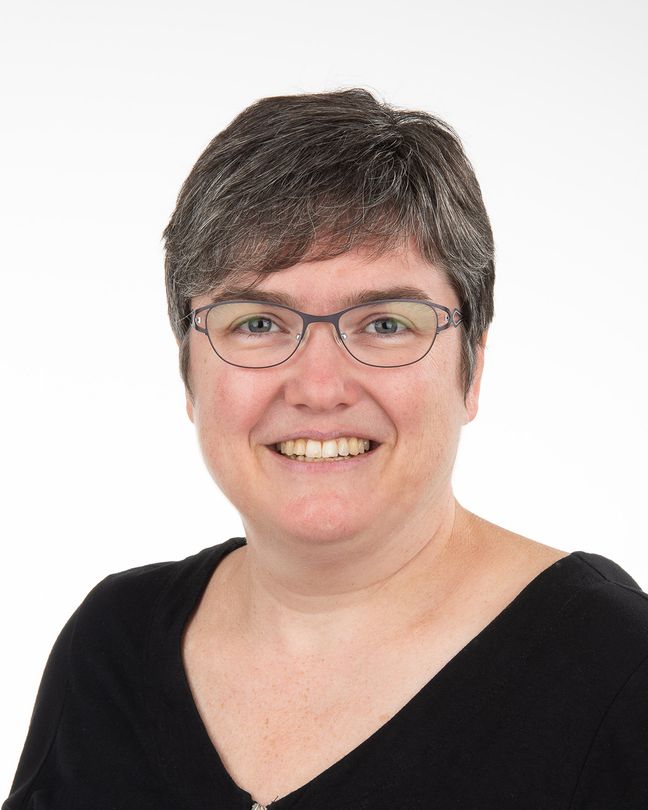
2021 REYNOLDS AWARD WINNER
Sylvie Lesage ,Université de Montréal, Montreal QC
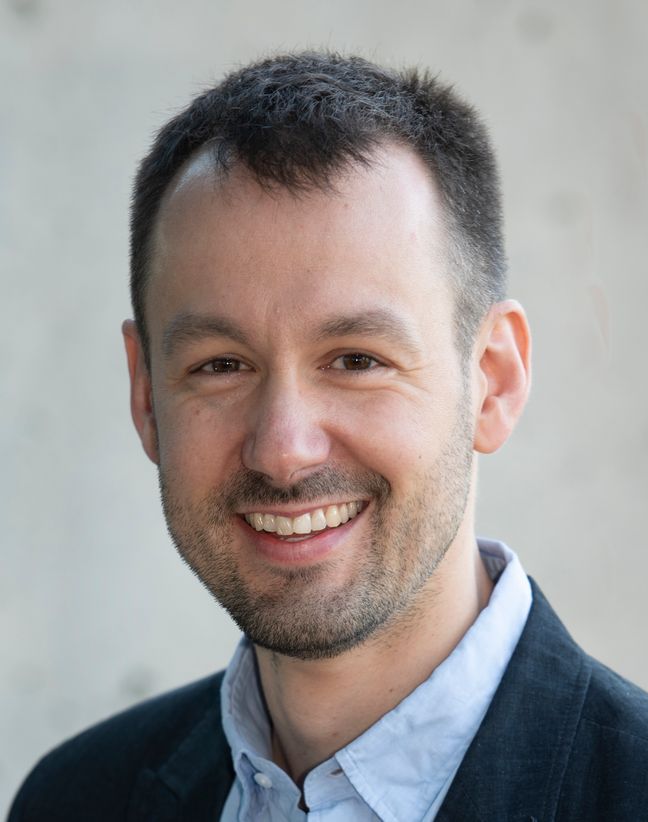
Dr. Jean-Philippe Julien
University of Toronto, Toronto, ON
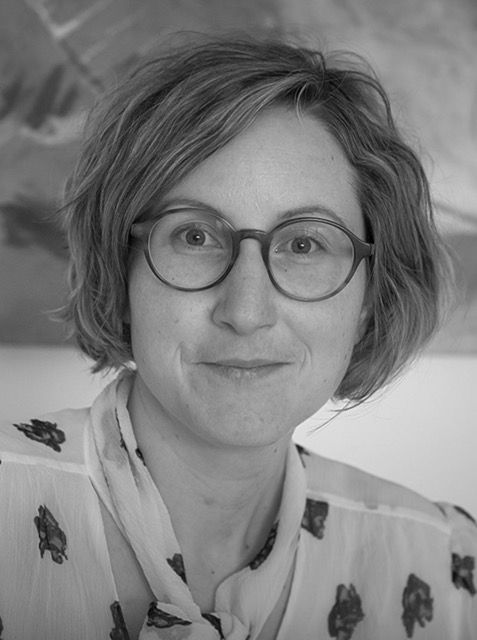
2021 NEW INVESTIGATOR AWARD WINNER
Judith Mandl, McGill University, Montreal, QC
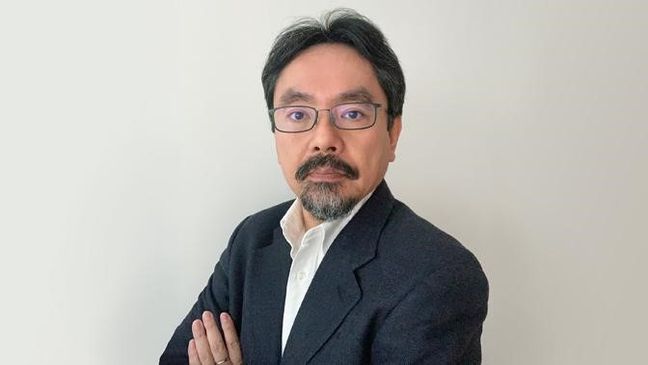
Dr. Naoto Hirano
University of Toronto, Toronto, ON
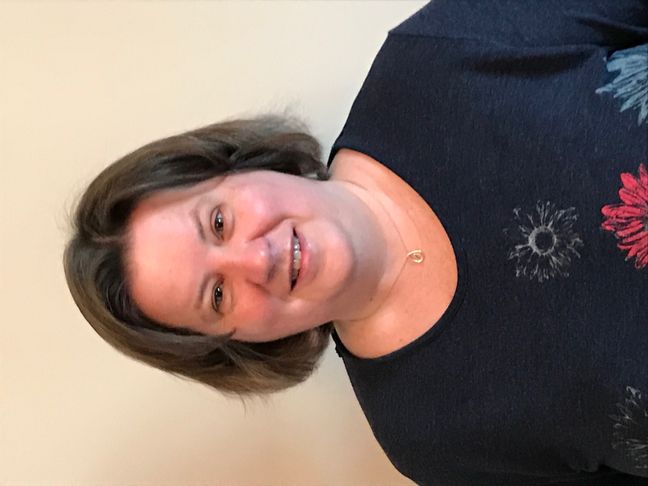
2021 CSI INVESTIGATOR AWARD WINNER
Dr. Nathalie Labrecque, Professor, Universite de Montreal, Montreal QC
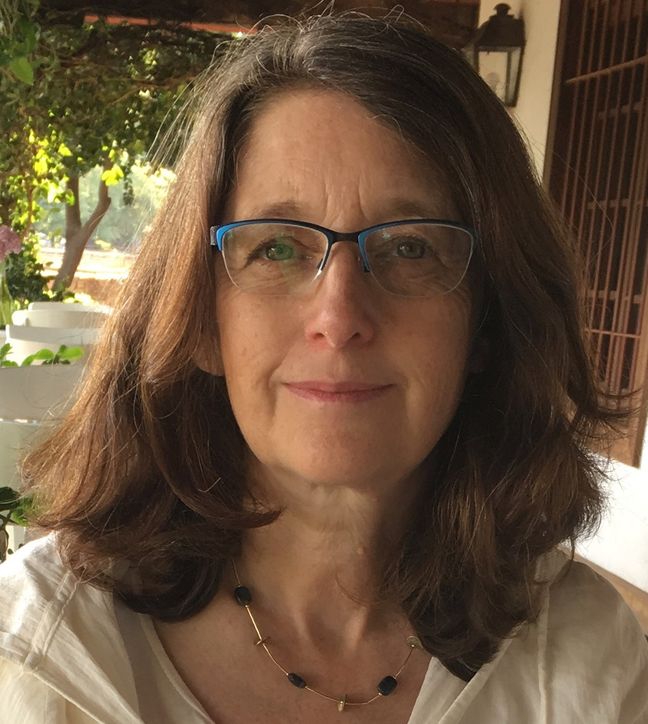
Dr. Tania Watts
University of Toronto, Toronto, ON
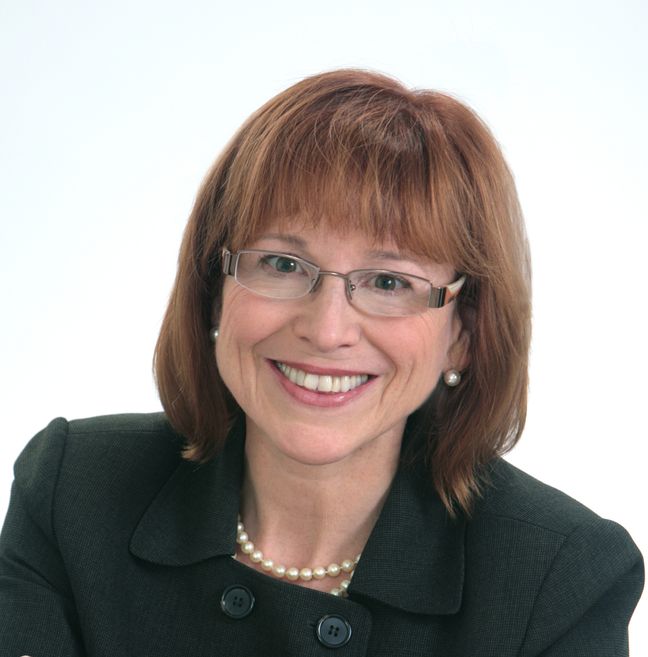
Dr. Joanne Langley
Dalhousie University, Halifax, NS
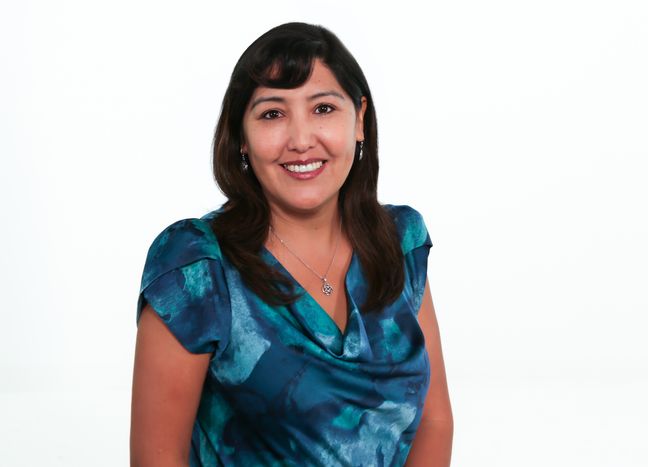
Dr. Yanet Valdez, Chair
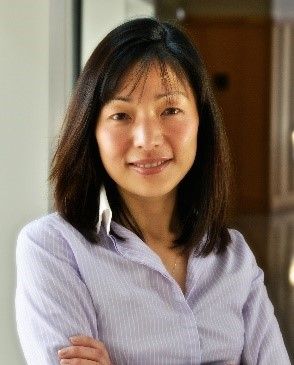
DR. Akiko Iwasaki
Howard Hughes Medical Institute, Maryland, USA
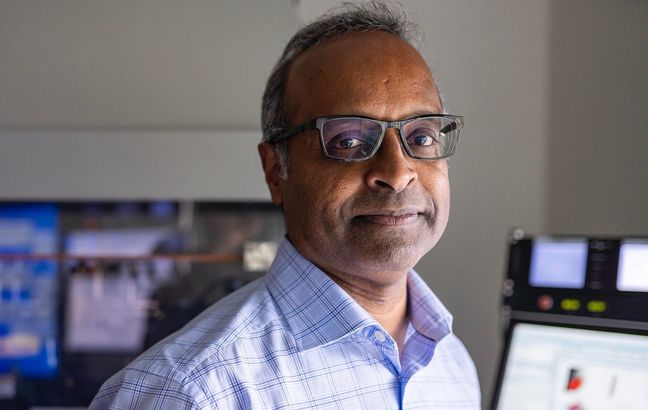
Dr. Ninan Abraham
University of British Columbia, Vancouver, BC
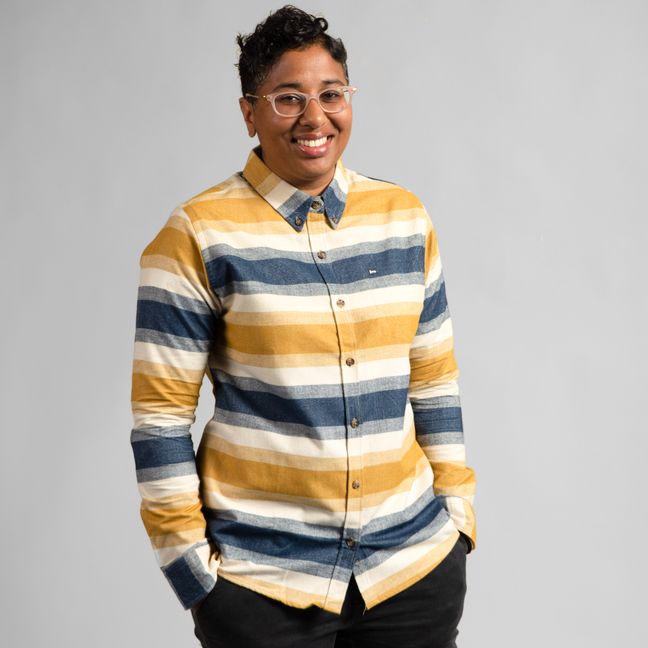
Chanelle Tye
Simon Fraser University, Burnaby, BC
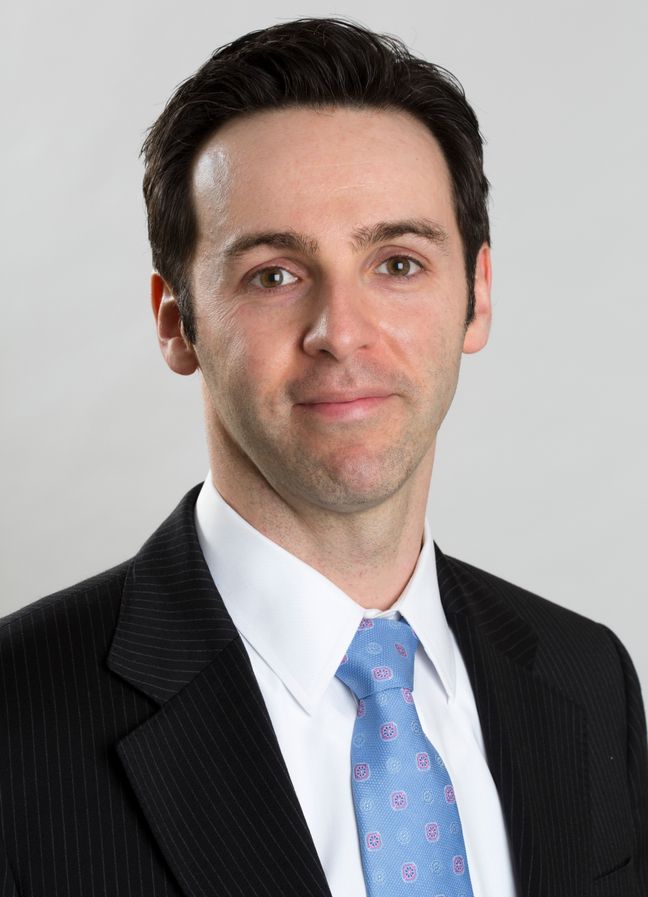
Co- Chair: Dr. Slava Epelman
University of Toronto, Toronto, ON
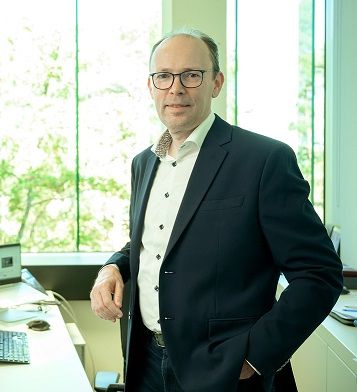
Dr. Joachim Schultz
University of Bonn, Bonn, Germany
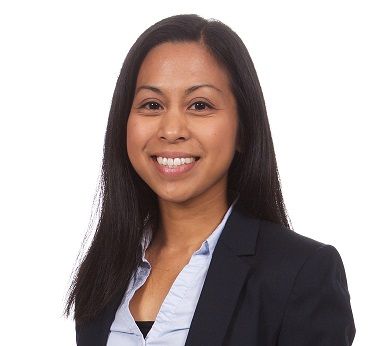
Dr. Janilyn Arsenio
University of Manitoba, Winnipeg, MB
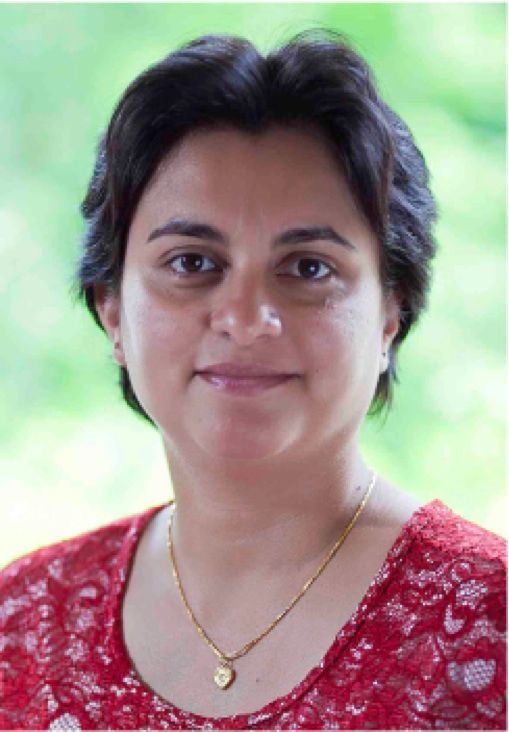
Dr. Muzlifah Haniffa
Newcastle University, Newcastle, UK
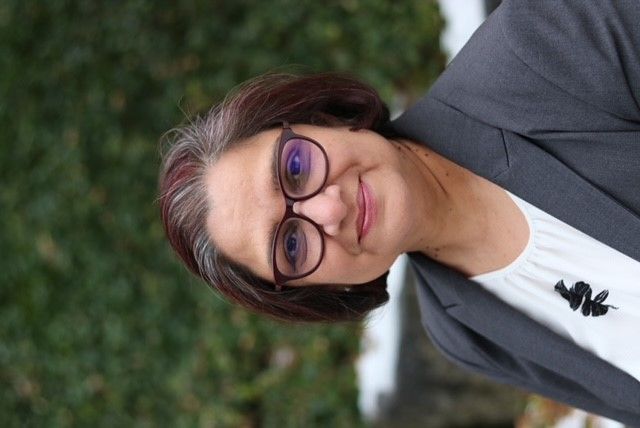
Dr. Charu Kaushic
McMaster University, Hamilton, ON

Dr. Ali Abdul-Sater
York University, Toronto, ON
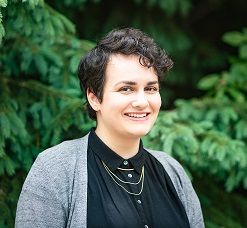
Dr. Rebecca Shapiro
University of Guelph, Guelph, ON
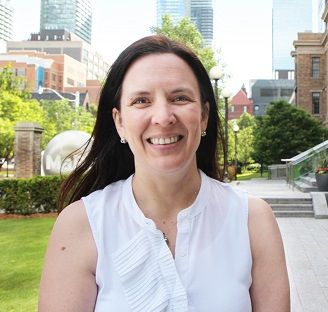
Dr. Sonya MacParland
Toronto General Research Institute, Toronto, ON
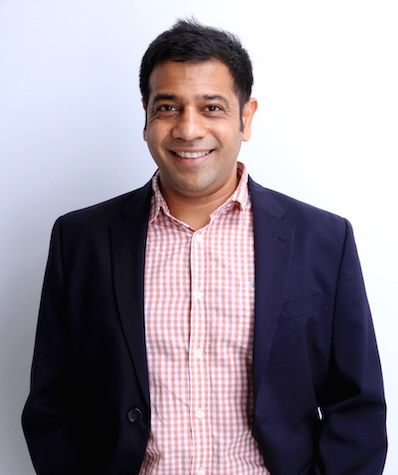
Dr. Manu Rangachari
Université Laval, Laval, QC
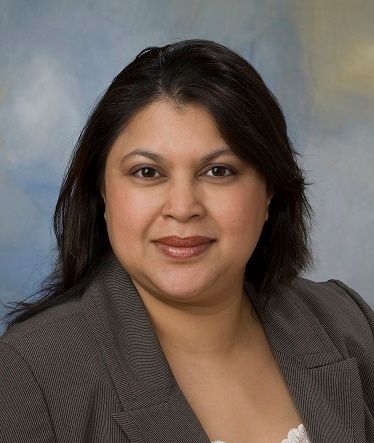
Dr. Neeloffer Mookherjee
University of Manitoba, Winnipeg, MB
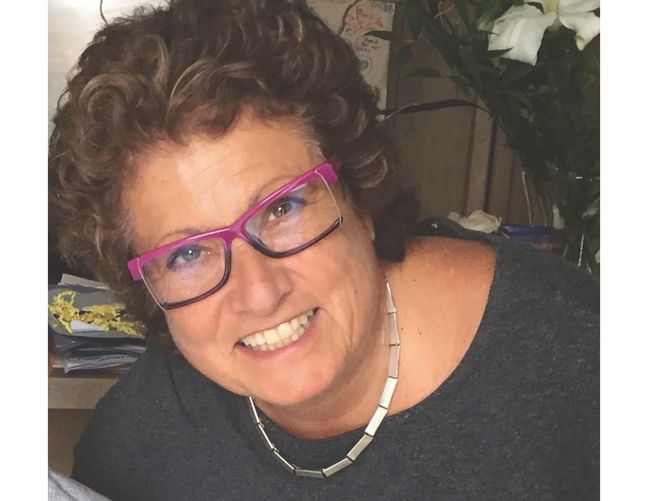
Dr. Eleanor Fish
University of Toronto, Toronto, ON
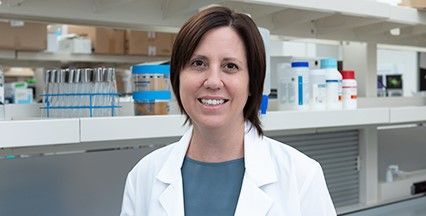
Dr. Connie Krawczyk
Van Andel Institute, Michigan, USA
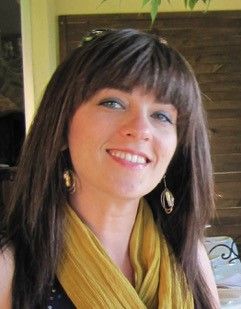
Dr. Molly Ingersoll
Pasteur Institute, Paris, France
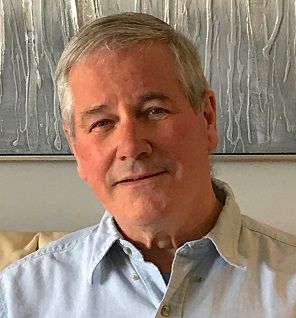
Dr. John Gordon
University of Saskatchewan, Saskatoon, SK
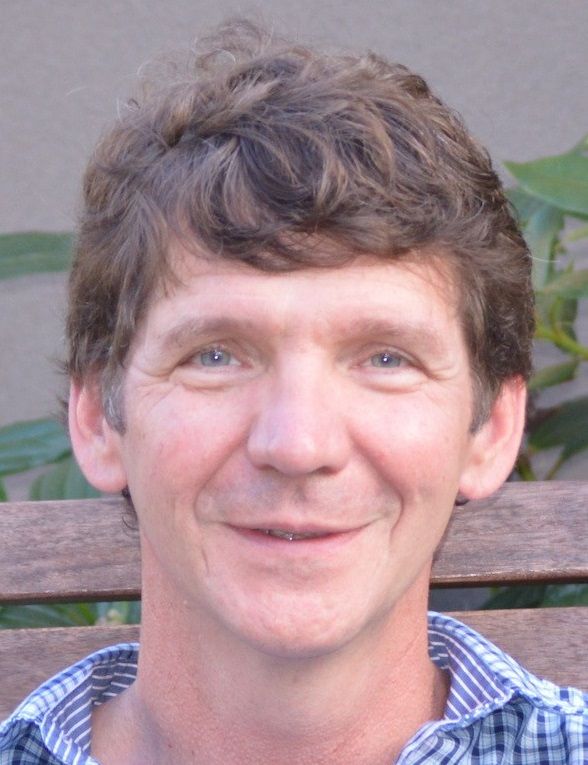
Dr. Kelly McNagny
University of British Columbia, Vancouver, BC
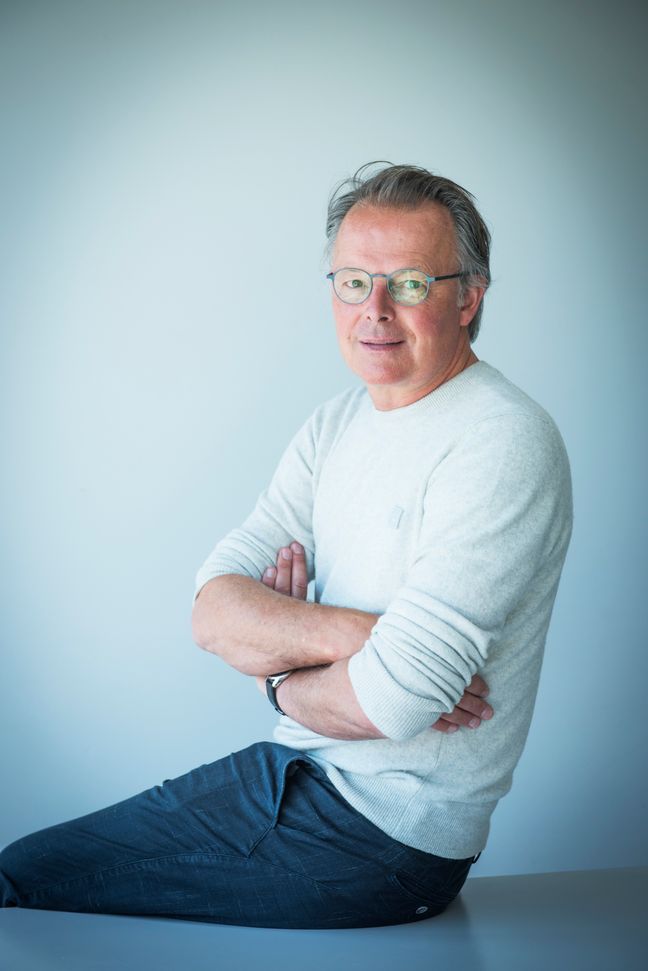
Dr. Bart Lambrecht
Ghent University, Ghent, Belgium
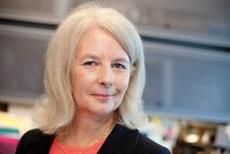
Dr. Marsha Wills-Karp
John Hopkins University, Maryland, USA
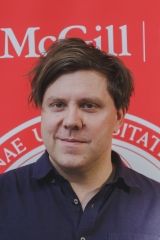
Dr. Jörg Fritz
McGill University, Montreal, QC
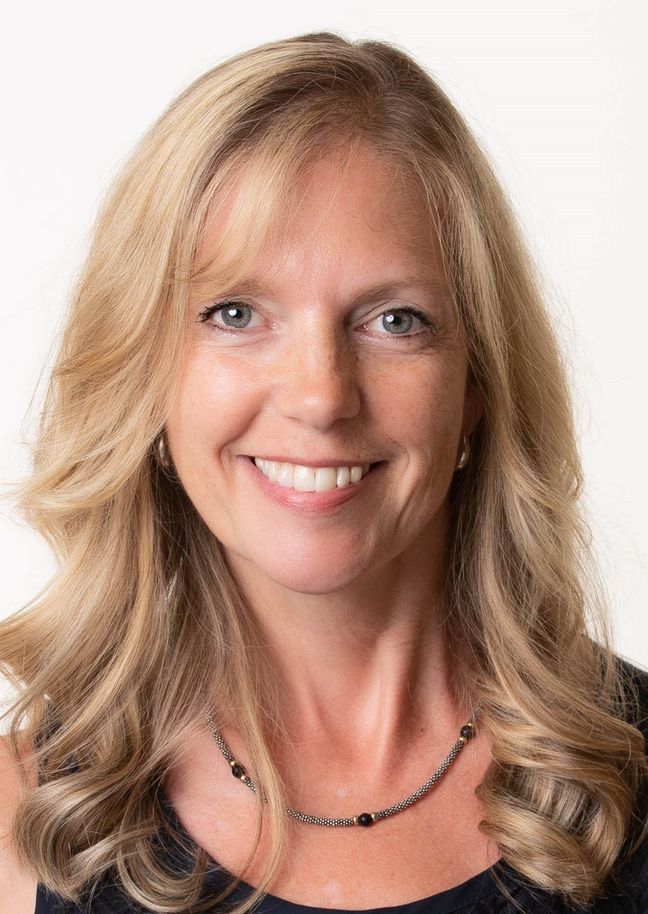
Dr. Gail Gauvreau
McMaster University, Hamilton, ON

Dr. Mitra Shourian
University of Montreal, Montreal, QC
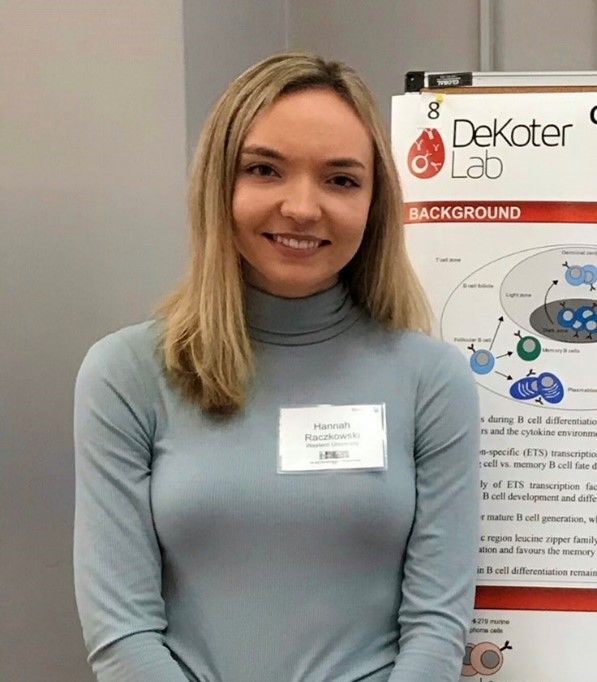
Hannah L. Raczkowski
Lawson Research Institute, Canada
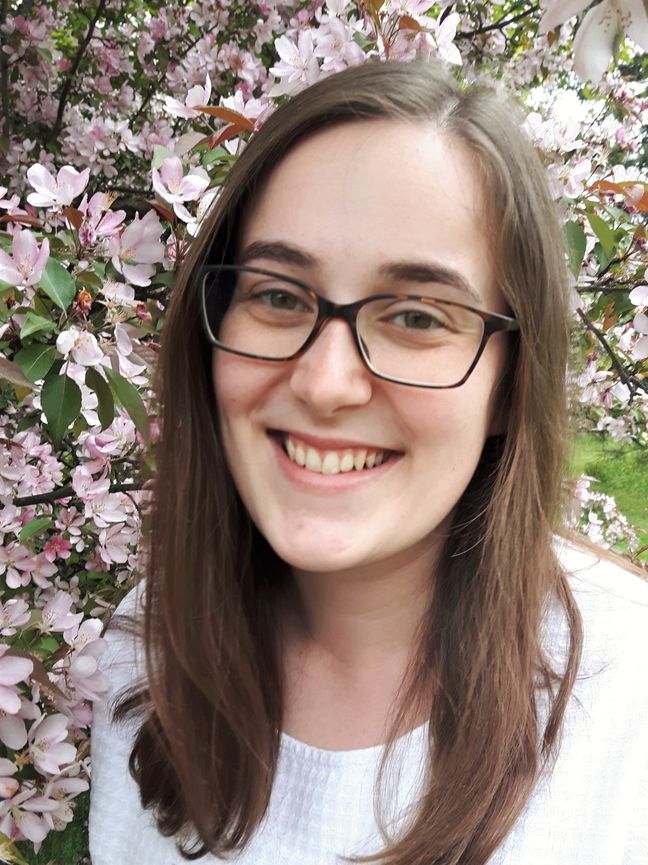
Elizabeth Balint
McMaster University, Hamilton, ON
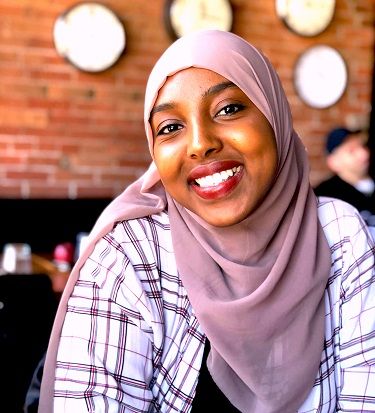
Salma Sheikh-Mohamed
University of Toronto, Toronto, ON
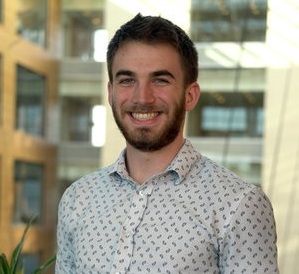
Andrew J. Sharon
University of British Columbia, Vancouver, BC
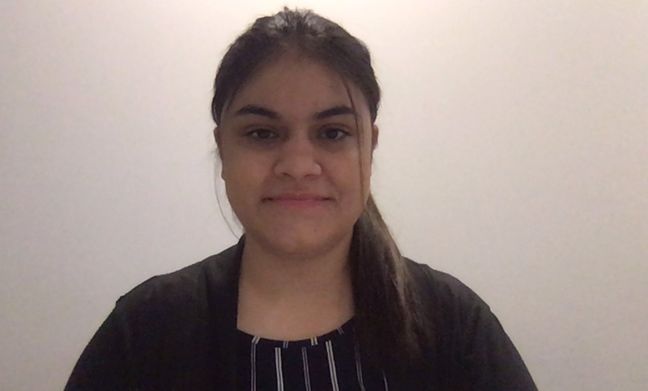
Homaira Hamidzada
University of Toronto, Toronto, ON
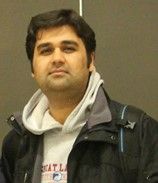
Dr. Abrar Ul Haq Khan
University of Ottawa, Ottawa, ON